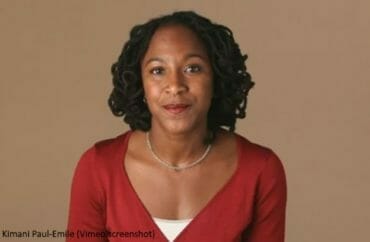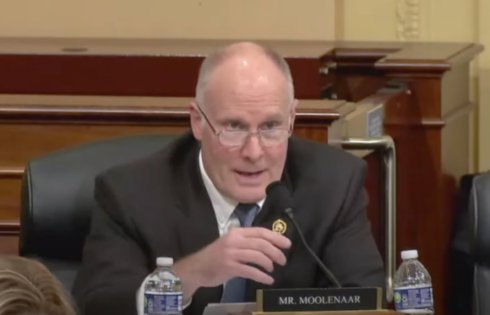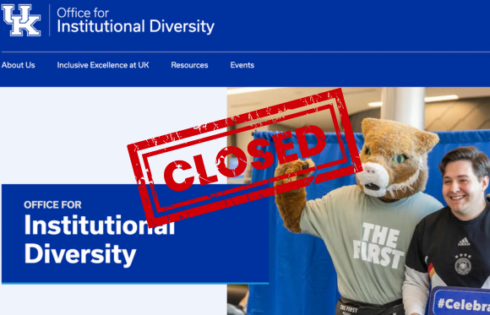
A black law professor argues that African Americans should embrace the notion that being black in America is a disability as a new legal strategy toward enacting protections for the black community against unconscious bias, stereotyping and structural inequality.
Kimani Paul-Emile, an associate professor of law at Fordham University and associate director of its law school’s Center on Race, Law & Justice, argues that while Africans Americans might initially spurn the “blackness as disability” label, it can actually be a wise courtroom plan.
Paul-Emile argues that being disabled does not have the same extreme negative connotation as it did in the past, and what’s more, disability law does not force plaintiffs to show that the harm they’ve suffered was intentional, that “discriminatory effect is almost always enough.”
“Rather than focusing on malicious intent, disability law accepts the impact of even neutral actions, policies, and programs, directly confronting the ways in which social structures, institutions, and norms can ‘substantially limit’ a person’s ability to perform ‘a major life activity.’ It thus requires that even discrimination based on unacknowledged bias be addressed,” Paul-Emile wrote in her article, a forthcoming piece in Georgetown Law Review excerpted by Fordham Law News.
With that, black people can claim “blackness as disability” as a remedial legal effort, harnessing this new paradigm to use the courts to require some sort of structural reforms that benefit the black community against what Paul-Emile contends is the limited opportunity African Americans face today due to unconscious bias, stereotyping and structural inequality.
The College Fix reached out to Paul-Emile for comment several times via email to ask her whether Hispanics or other minorities could also be labeled disabled, and what her opinion would be if a white person made the claim that black people are disabled. She did not respond.
“Blackness in the United States has an independent disabling effect distinct from the effects of socioeconomic status,” the law professor wrote.
Paul-Emile listed many reasons for black peoples’ perceived disabilities, including “facing increased likelihood, relative to Whites, of living in poverty, attending failing schools, experiencing discrimination in housing, being denied a job interview, being stopped by the police, being killed during a routine police encounter, receiving inferior medical care, living in substandard conditions and in dangerous and/or polluted environments, being un- or underemployed, receiving longer prison sentences, and having a lower life expectancy.”
Paul-Emile argues that understanding “Blackness as disabling … brings to the fore a surprising new approach to addressing discrimination and systemic inequality that has been hiding in plain sight: disability law.”
The Americans with Disabilities Act defines “disability” as “a physical or mental impairment that substantially limits one or more major life activities of such individual.”
“Blackness, of course, is not, by itself, an impairment,” Paul-Emile writes.
“However, disability law recognizes that many traits understood as disabling do not necessarily arise from a medical condition, but are instead simply traits that create disadvantage when combined with an inhospitable social or physical environment,” Paul-Emile stated.
“… To recognize Blackness as a disability therefore requires us to acknowledge the ways in which racial hierarchies and White privilege persist and are embedded within these laws, policies, and practices such that they reify the very inequities they seek to eliminate.”
Paul-Emile has previously published pieces, including one in the New England Journal of Medicine titled “Dealing with Racist Patients,” which was viewed over 125,000 times, according to Fordham’s news page.
Read her article here.
MORE: Emory University professor: whites inherently racist, men inherently sexist
Like The College Fix on Facebook / Follow us on Twitter






Please join the conversation about our stories on Facebook, Twitter, Instagram, Reddit, MeWe, Rumble, Gab, Minds and Gettr.